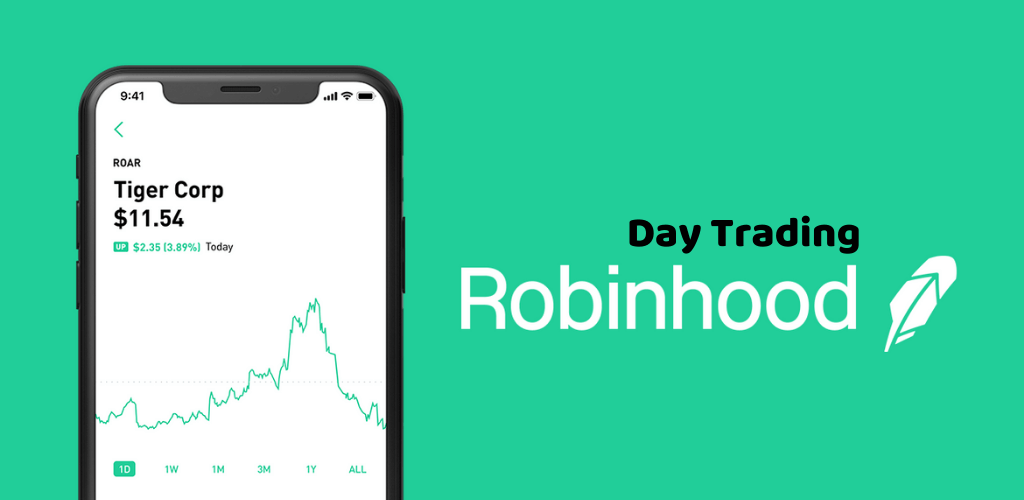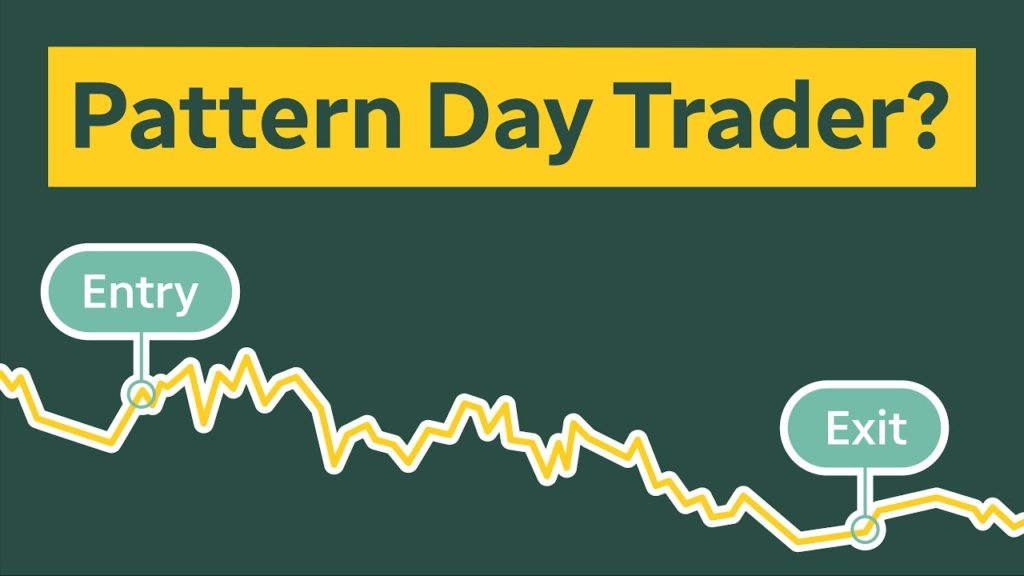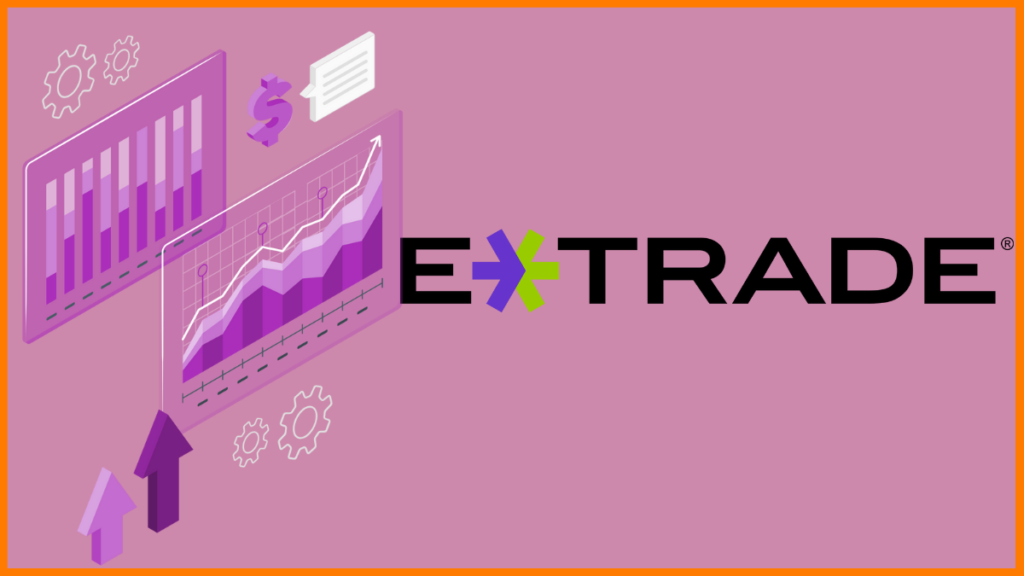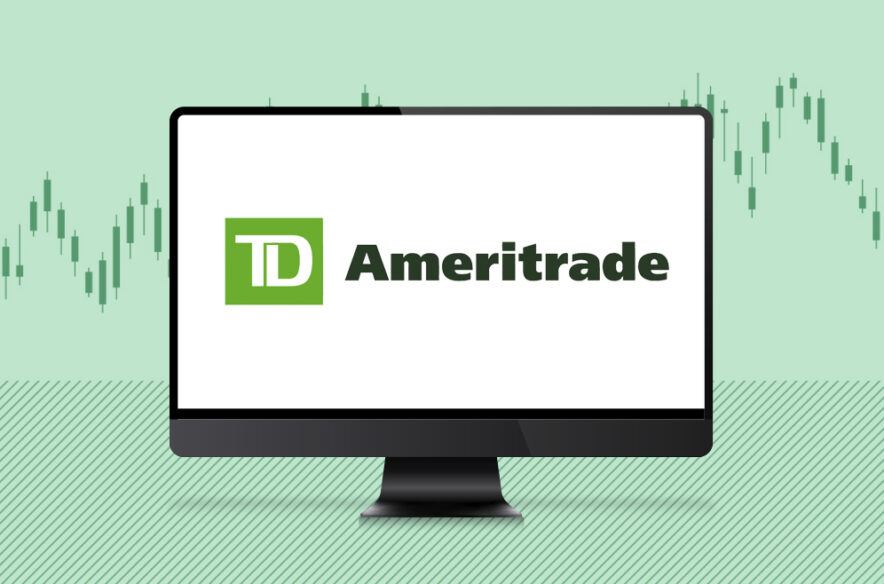Robinhood generates income using the payment for order flow, stock lending, premium membership fees, interest on uninvested capital, interchange fees associated with its debit card, and other minor revenue streams are some of the ways. With over 10 million new accounts established throughout the year, Robinhood’s net funded accounts grew by 81% in 2021; however, the fourth quarter of the year saw a decline. After more than doubling its employment in 2021 to 3,800 by the end of the year, Robinhood announced in April 2022 that it would fire around 9% of its full-time employees.
Can You Day Trade on Robinhood?
Robinhood functions in the same way as investing does. Through the app, you purchase a stock, which you later sell. The app doesn’t have a day trading option or switch. On Robinhood, there are several limitations on the amount and method you can day trade. What you should know is as follows.
1. Pattern Day Trade
The Pattern Day Trader (PDT) rule is one of the things prospective day traders should be aware of. Under the PDT regulation, investors with less than $25,000 within the balances are not permitted to execute 3-day trades over a recurring five-day period. Remember that the five-day window is a rolling window. As a result, if you place a day trade on a Tuesday, it’ll be deducted from your total day trades until the following Tuesday. The rule is stupid, but since it must be followed by all US brokerages, you can simply adjust your trading approach to it. This means that you can’t use cutting or other aggressive trading techniques using your small balance.
2. Order Types on Robinhood
The stock market is quite new to many of the Robinhood day traders. They don’t understand how the various order types work. Market orders that purchase any available shares are the basic order type within the Robinhood app. Market orders may cause your order to be filled at an unfavorable cost. Only some order types are available on Robinhood, and the limit order is the most significant one. You can tell Robinhood, “I would like to buy this stock at $X or under,” using a limit order. This stops you from spending more than you intended to acquire stock.
Why do Robinhood’s Day Trading Limits Exist?
Be aware that these limitations on regular day trading are not specific to Robinhood. Every brokerage upholds these as FINRA requirements. To prevent you from exceeding the allotted number of day trades, Robinhood does provide a Day Trade Monitor in the app. Additionally, you can configure your app to notify you just before you execute your fourth-day trade for the day. Open orders do not count as trades for the day trading limit since orders are only officially placed when they are acted out. They will be counted after execution. As open orders will be regarded as orders once they execute, the Robinhood Day Trade Counter takes them into account. Your order might be processed in parts if it is particularly large or if it is for a stock that generally trades at low volume. Keep a tight eye on these kinds of deals because each of these executions is treated as a trade for the Pattern Day Trading rule.
Robinhood Day Trading: Pros and Cons
While Robinhood’s attractive user interface and trendy feel may tempt you, keep in mind the phrase “if it’s free, you’re the product.
Pros
User Friendly
The equality of trading and investment is attributed to Robinhood. They developed a user interface that is simple enough for anyone to utilize. By doing this, many of the formalities usually involved in trading stocks are eliminated. Robinhood probably helped many aspiring hedge fund managers get started in the stock market by using this low-friction method.
No Commission Charged
The main advantage of Robinhood as a service used to be the absence of trading commissions. Meanwhile, the remainder of the sector has since reduced commissions in response to Robinhood’s disruption. Commission-free trading is available through all of the biggest discount brokerages, including E-TRADE, Charles Schwab, TD Ameritrade, and Fidelity. These pros are helpful in understanding whether you can day trade on Robinhood? or not.
Cons
Poor Customer Service
Several accounts of Robinhood customers alleging that the company takes several days to react to support claims or that they must wait more than an hour online before speaking with staff can be found.If you search on Google “Robinhood customer service Reddit.” Only 1% of complaints, as per PissedConsumer, claimed to have reached a representative while asking for assistance.
Certain Asset Classes Only
Robinhood currently only provides stocks, choices, ETFs, and cryptocurrency. For the majority, this will do. However, the majority of serious traders experiment with a variety of methods across several asset classes. Futures, mutual funds, bonds, foreign exchange, spot commodities, and warrants are not offered by Robinhood. A great example of a broker providing practically all asset classes to retail customers is Interactive Brokers. After going through the cons, can you make the decision is it good or bad to know if can you day trade on Robinhood? or not?
Day Trading Alternatives to Robinhood
Four of the top trading applications comparable to Robinhood are listed for you here. You’ll discover summaries and important details that address the earlier questions under each option. These alternatives would make your job easy to choose whether can you day trade on Robinhood? or not.
1. Webull
A newcomer to the world of online trading applications is quite similar to Robinhood. The platform is generally easy to use and performs exceptionally well on mobile. When comparing cost-per-trade, Webull offers fee-free stock and options trading that is difficult to better. In the end, Webull surpasses Robinhood because it provides more advanced tools that Robinhood doesn’t offer.
Minimum Account: No minimum deposit.No fees for stock trading: Only administrative fees on sales.No Account fees: No yearly or inactivity fees apply to your account, but there is a $75 transfer fee for outgoing transfers.Best For Who: Professional investors with some options and stock trading expertise.
2. E-TRADE
E-TRADE is among the most user-friendly and sophisticated systems out there. You can trade ETFs, mutual funds, choices, and stocks all at once using the internet and mobile apps. It also provides you with some of the top research tools available among all the programs on this list. Advanced traders and individuals who simply wish to save for the future both benefit greatly from E-TRADE. Subscribe to Power E-TRADE to have accessibility to futures trading and also more sophisticated trading techniques.
Minimum Balance: No minimum deposit.Stock Trading Fee: No commission is charged while trading stocks.Account Fees: There are $75 complete transfer out fees or $25 half transfer fees, however, there are no yearly or inactivity fees.Favorable For Who: Optionional traders.
3. TD Ameritrade
TD Ameritrade may be the best platform for your needs if you’re a moderate investor with a diverse portfolio. Its appeal is that everyone may use it, from day traders to those who simply wish to put money down for retirement. Overall, TD offers a wide variety of trading options for assets like bonds, currencies, and mutual funds. Additionally, it includes a variety of research tools to help you choose the best investments.
Minimum Account: No minimum balance is required unless you wish to invest on margin or have access to alternative options.Stock Trading Fee: As long as you avoid using a broker, there are no commission fees. The $25 is the broker assistance fee.Best For Who: Diverse accounts that are all-inclusive.
4. Acorns
Acorns is a similar smartphone app to Robinhood, however, the two are completely different. Acorns targets customers who wish for long-term investments with their product marketing. The platform has different service tiers and is split equally between investments and savings accounts. The distinguishing element of Acorns is its “Round-ups” service, which will round up purchases made with a connected card—or their card—and deposit the difference into an ETF portfolio that has already been chosen, depending on your risk tolerance. If you want to take a long-term “set it and leave it” strategy, Acorns would be a good choice. You don’t have as much freedom with Acorns as you have with other stock apps like Robinhood, though.
Account Opening Minimum: It is $0, however, investing requires $5.Account Fees: It is $3 for a private account and $5 for a family account per month.Best For Who: Long-term traders and people looking for financial assistance.
Wrapping Up
That’s about it. Robinhood is a great platform for new traders. However, their competitive edge has diminished as the majority of brokerages now offer zero commissions. Robinhood has various advantages, such as an excellent user interface and usability. There are some disadvantages to day trading, though, if you take it seriously. For starters, traders require screeners and excellent charts, but Robinhood, unlike some of its rivals, does not provide these services. As a result, Robinhood is a good place to begin trading if you’re just getting started. However, it’s probably currently a little too simple for experienced traders. I hope this article helps in making a choice that fits best for you. Also, now you know now if can you day trade on Robinhood? Happy Trading!!!
Δ









